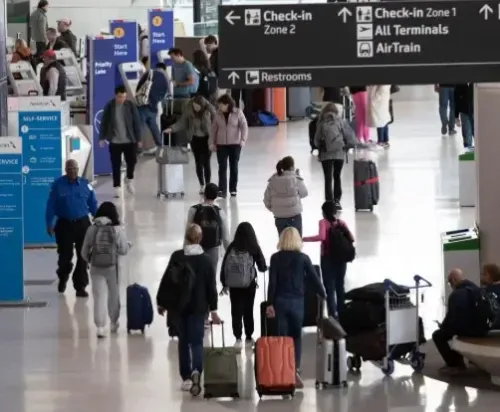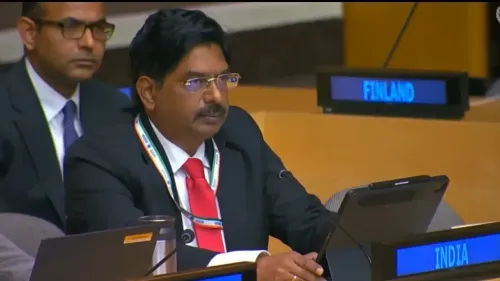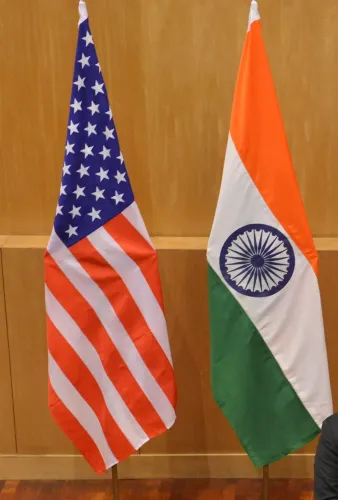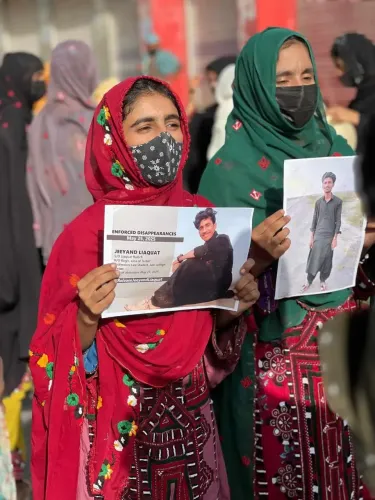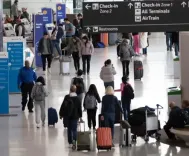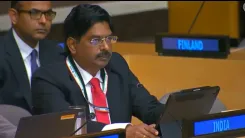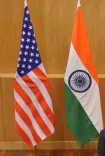Did an Israeli strike eliminate a Hezbollah militant in Lebanon?
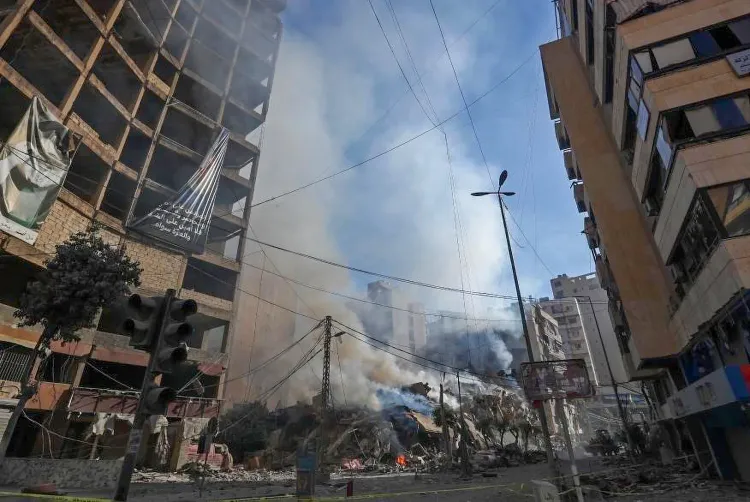
Synopsis
Key Takeaways
- Israeli airstrike
- The targeted militant was involved in military restructuring efforts.
- This incident reflects ongoing tensions in southern Lebanon.
- Hezbollah's Radwan Forces are a key concern for Israeli defense.
- Potential implications for regional peace are significant.
Jerusalem/Beirut, July 19 (NationPress) The Israel Defense Forces (IDF) reported the death of a militant from Hezbollah's elite Radwan Forces in southern Lebanon on Saturday, executed via a military aircraft.
The IDF indicated that the militant had been engaged in efforts to restore Hezbollah's militant infrastructure in the town of Al-Khiam, situated in southern Lebanon.
This activity was deemed a breach of the agreements between Israel and Lebanon.
In a separate statement, the Public Health Emergency Operations Centre of the Lebanese Health Ministry confirmed that an Israeli drone strike on a residential structure in Al-Khiam resulted in one fatality. A Lebanese security source identified the deceased as Mohammad Abdullah Al-Hadi, a Hezbollah member.
Earlier this week, Israeli warplanes executed multiple airstrikes across eastern Lebanon, targeting positions associated with Hezbollah.
The official Lebanese National News Agency reported on Tuesday that "hostile warplanes conducted several air raids on the eastern mountain range and the peripheries of towns such as Shmustar, Wadi Umm Ali, Bodai, and the villages of Nabi Chit and Taraya within the Baalbek region of eastern Lebanon."
A source from the Lebanese army intelligence, along with eyewitnesses in southern regions, stated that "Israeli warplanes executed eight airstrikes in under five minutes on locations in eastern Lebanon."
These assaults focused on Hezbollah sites that had previously endured similar airstrikes.
The Israeli military declared on Tuesday that it initiated a series of airstrikes in eastern Lebanon targeting installations associated with Hezbollah's Radwan Force, emphasizing that the strikes aimed to thwart the elite force's restoration of attack capabilities.
They issued a statement asserting that warplanes conducted "numerous strikes" against Hezbollah targets in the Beqaa area, striking military compounds allegedly utilized by the group for training and operational exercises. These facilities included areas designated for weapons training and live-fire drills.
Israeli Defense Minister Israel Katz proclaimed that these strikes serve as "a clear message" to both Hezbollah and the Lebanese government, accusing Hezbollah of endeavors to reinstate the Radwan Force's capacity for cross-border raids.
A ceasefire agreement facilitated by the United States and France between Hezbollah and Israel has been operational in Lebanon since November 27, 2024, following over a year of confrontations related to the ongoing war in the Gaza Strip.

